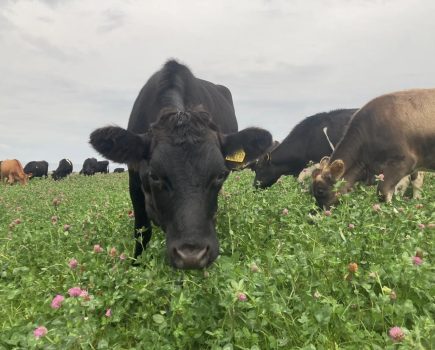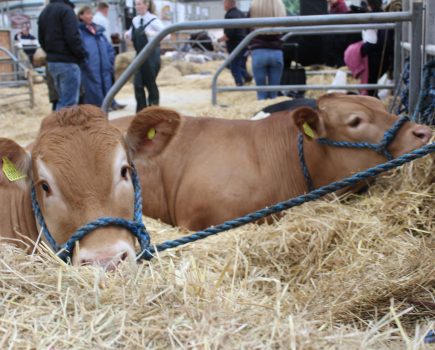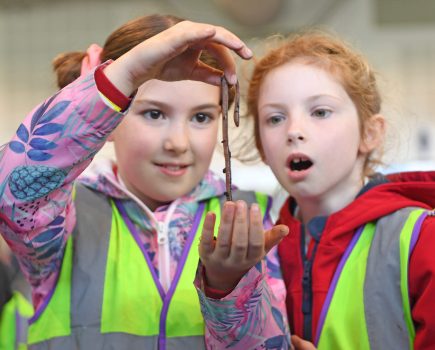APR 29, 2013: A ban on pesticides thought to be killing bees came one step closer today after a vote in Brussels.
A majority of EU governments backed a move that had been fiercely resisted by the coalition in Britain. Now Greenpeace has urged the European Commission to act swiftly to introduce the ban for at least two years on three pesticides the organisation says have been shown scientifically to be harmful to bees. Greenpeace said: ‘Today’s vote makes it crystal clear that there is overwhelming scientific, political and public support for a ban. ‘Those countries opposing a ban have failed. Now, the Commission must draw the only conclusion possible and immediately halt the use of these pesticides as a first step to protect European food production and ecosystem.’ The UK Government has repeatedly opposed a ban on ‘neonicotinoids’ used on crops such as oil seed rape, which are attractive to bees. Environment Secretary Owen Paterson has urged delays in deciding until more studies are completed. But today EU deputy ambassadors voted by a majority to accept the available evidence, which many say confirms the danger to bees. Friends of the Earth said the vote was a ‘significant victory for bees and common sense’ – and urged the UK Government to introduce a ‘bee action plan’. FoE head of campaigns Andrew Pendleton said: ‘This decision is a significant victory for common sense and our beleaguered bee populations. Restricting the use of these pesticides could be an historic milestone on the road to recovery for these crucial pollinators. ‘But pesticides are just one of the threats bees face – if David Cameron is genuinely concerned about declining bee numbers he must urgently introduce a bee action plan.’ FoE says it has played a major role in persuading home and garden retailers to act on neonicotinoid insecticides, with firms including B&Q, Homebase, Wyevale and Dobbies removing such products from their shelves.







